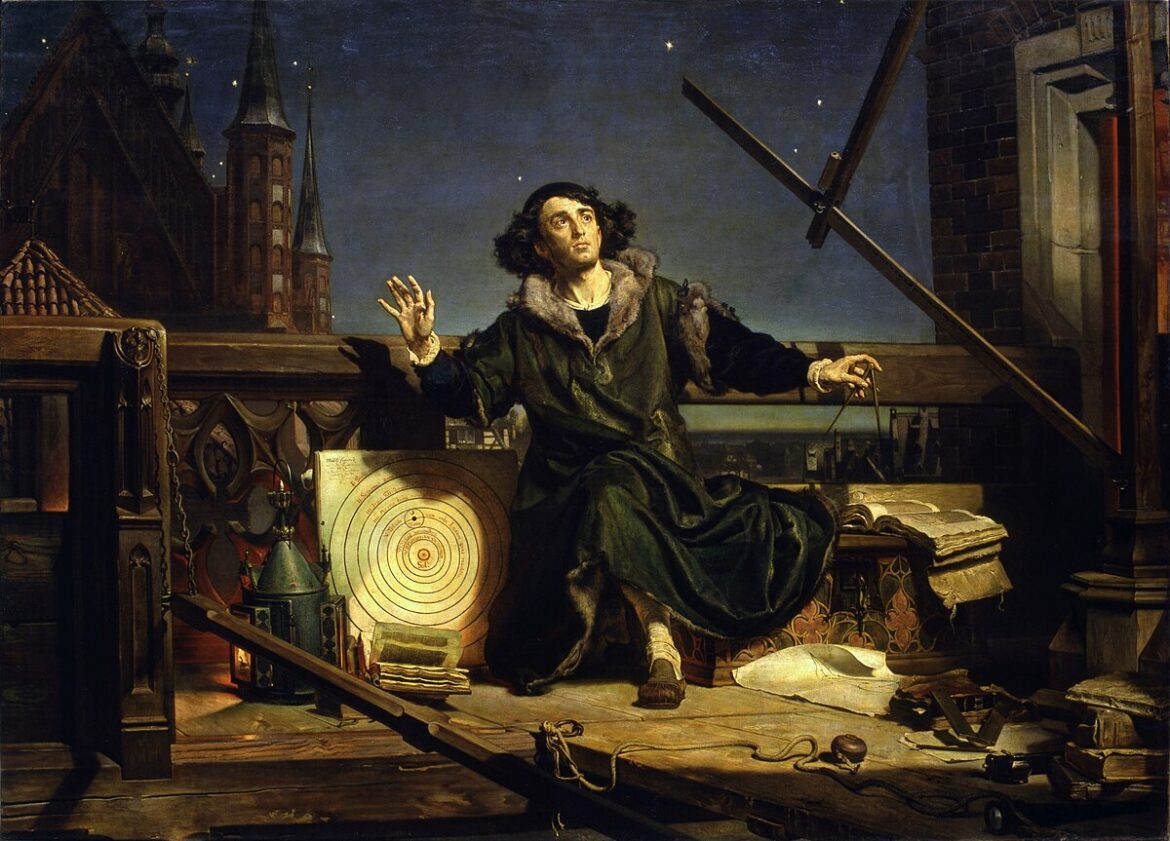“He stopped the sun, he moved the earth” – this is how Nicolaus Copernicus was referred to over the centuries. This extraordinary man made his mark in the history of Poland and the whole world.
The scientist was born on 19 February 1473 into a family of wealthy merchants of German origin in Toruń. He received his first education in his hometown, then studied in Cracow (where mathematics and astronomy developed dynamically) and in Padua and Bologna. In Bologna he graduated in law and in Padua in medicine, thanks to which he later worked as a doctor. Meanwhile, in 1495, Copernicus became a canon of Warmia. Interestingly, he did not work as a professional astronomer. He engaged in sky observations as a hobby, although it was his additional occupation that earned him a leading place in the pantheon of scientists of all time.
After returning to Poland, the scientist settled in Lidzbark Warmiński, from where, after a few years, he went to Frombork, where he stayed for the rest of his life – excluding the years 1516-1526, when he lived in Olsztyn. During this period, Copernicus was mainly involved in administration in his various functions at the Warmian Chapter. During the Polish-Teutonic war of 1520, he prepared the defence of Olsztyn. The astronomer’s efforts focused on gaining additional forces to strengthen the Polish defence, which made it possible to stop the attack. This was not the only time Copernicus proved his attachment to Poland.
Characterised by his versatile interests, the scholar also contributed to the development of economics, formulating a law stating that if two coins of the same value but different bullion content are available, the one with the higher content will be hoarded and saved. He was also the author of several works on money.
However, Copernicus’ greatest but posthumous fame resulted from his scientific proof of the heliocentric theory. It changed man’s idea of the cosmos forever.
Copernicus died in 1543, shortly after completing his most important work, On the Revolutions of the Celestial Spheres, which launched the so-called Copernican Revolution.





